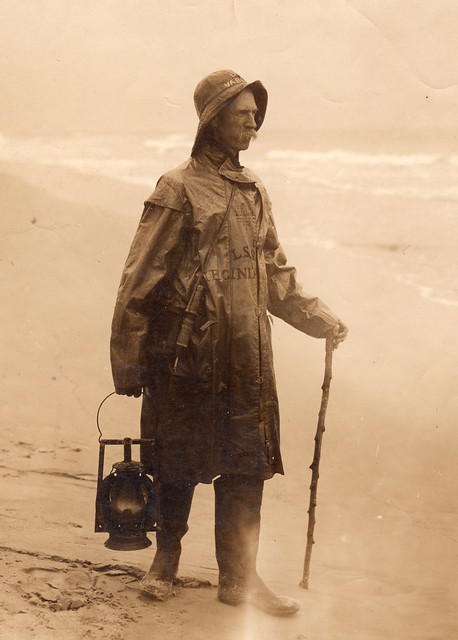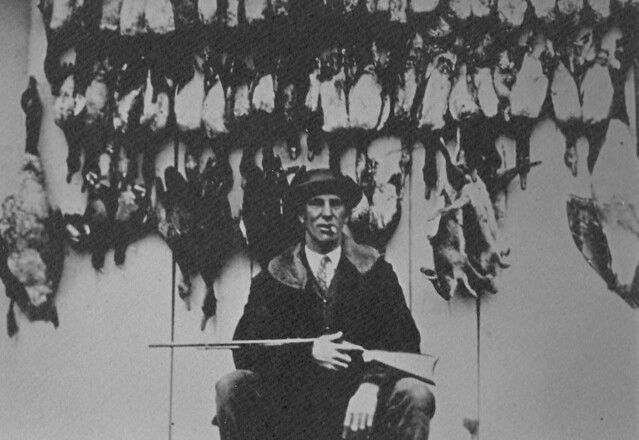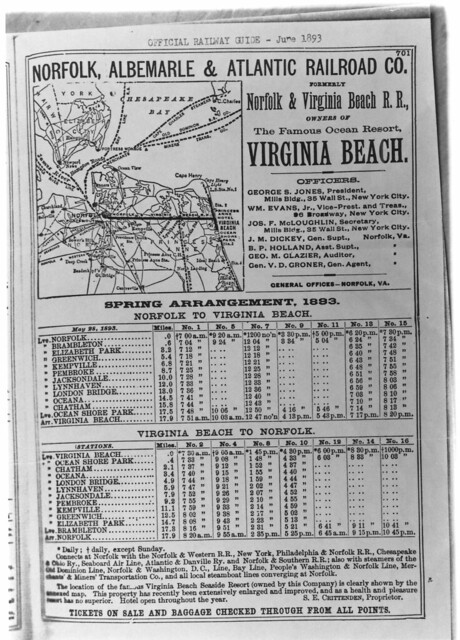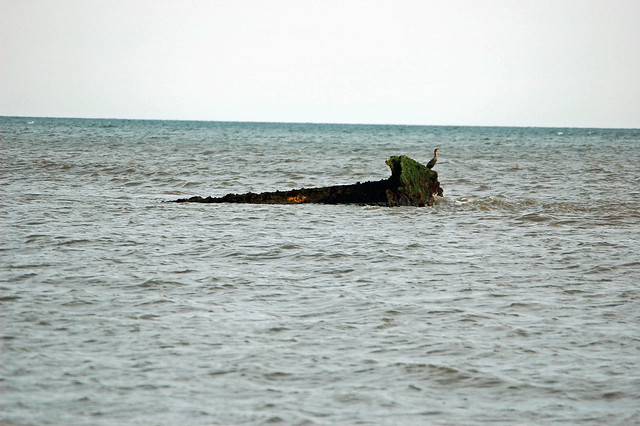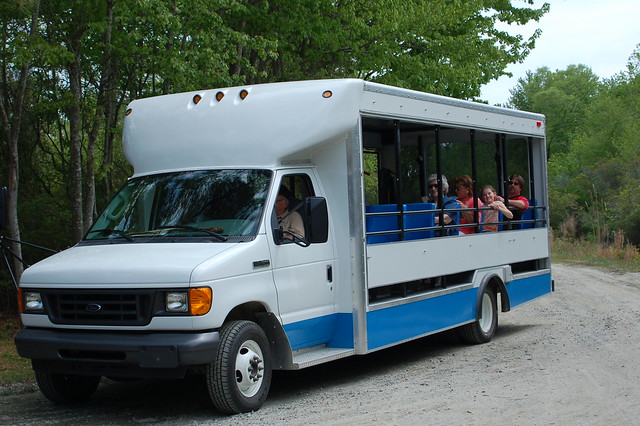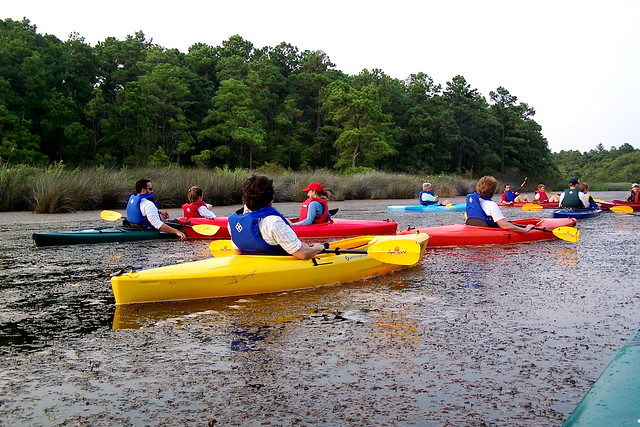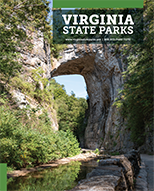Open fires are prohibited throughout the park from midnight to 4 p.m. through April 30 per the 4 p.m. Burning Law. This includes wood and charcoal. Gas is permissible. Campground fires are allowed during the restricted time if a camp host is on duty and signage to that effect is posted in the campground. Failure to observe the 4 p.m. Burning Law can result in a fine. Contact the Park Office for additional information.
Read Our Blogs
Living Waterside at False Cape State Park
In colonial times, gathered around the fire in a public house, merchant seamen would share stories of the New World. And always, they would caution greenhorn sailors by saying
"The New World--ah--she's full of wonder, but 'ware the False Cape! She'll run 'yer boat aground in no time."
And they were right, the New World was, and still is, full of wonders. False Cape State Park is one such wonder situated between the Atlantic Ocean and Back Bay.
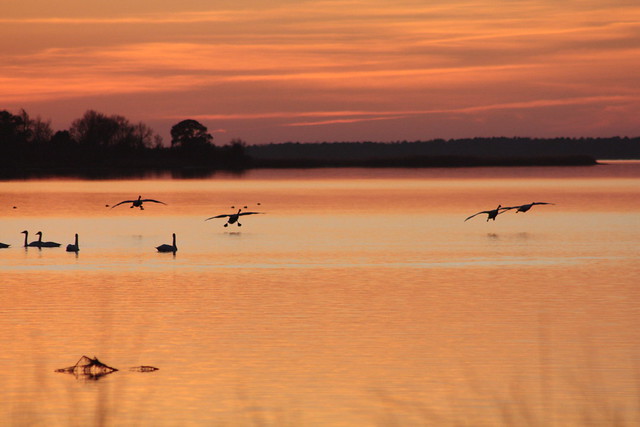
False Cape is a truly unique place situated between Back Bay and the Atlantic Ocean
Colonial explorers were also right about being wary of sailing near the false cape. Deceptive in the fog, with dunes running down the coast at odd angles, these barrier spit islands, now known as part of the "graveyard of the Atlantic" and as the Outer Banks, would look like the entrance to the Chesapeake Bay. Captains would often miscalculate their route and run aground, costing colonial merchants their lives and their livelihoods.
Lifesaving Station watchmen had to brave the elements making their rounds up and down the Atlantic coast
Eventually, a series of Lifesaving Stations were built and staffing system organized which, in turn, gave rise to our modern Coast Guard. In the old records and journals at the Old Coast Guard Station in Virginia Beach, we have found that only 8 lives were lost during the years that the Lifesaving Stations, near what is now False Cape State Park, were in operation.
Duck hunting tourism (Photo courtesy of Archie Johnson)
Springing up amongst the Lifesaving Stations was a community of hardy souls who scrabbled a living out of the sandy soil farming, waterfowl hunting, and fishing. Poor sandy soil yielded few marketable crops so residents of Wash Woods turned to duck hunting and duck hunting tourism as a means to make ends meet. Their promotion of duck hunting tours gave rise to what is now a busy eco-tourism industry in Virginia Beach.
The community was called Wash Woods, named after the terrible washouts they would experience after major storms. In 1933, the community was disbanded after a particularly bad year and the area gave rise to juke joints, hunt clubs, and squatter's shacks until Virginia State Parks acquired the property in the late 1960s.
Railway guide from 1893 (Photo courtesy of Archie Johnson)
Duck hunters would take the train through Virginia Beach to Munden Point where they would be picked up by duck hunting guides and taken to what is now False Cape State Park.
You can see the remnants of the Wash Woods community first hand by attending one of the park's history programs and tram tours. Click here for a full schedule. You can also, during extremely low tide see the remains of the frigate The Clythia which sunk in 1894 with a cargo of Italian marble.
Her prow jutting out of the waves on the Atlantic Ocean the frigate The Clythia sank just a few hundred yards off shore
This shipwreck was the object of legal wrangling in the 1970s and the case set a precedent that applies even now to international salvage rights. However, despite winning the legal case, the salvage operators were never able to remove the Italian marble and it remains just a few hundred yards off shore as an interesting marine habitat and a great place for scuba diving. But as always, "'ware the false cape!" Eddies and tidal pressure can push divers against jagged metal and rock at the shipwreck.
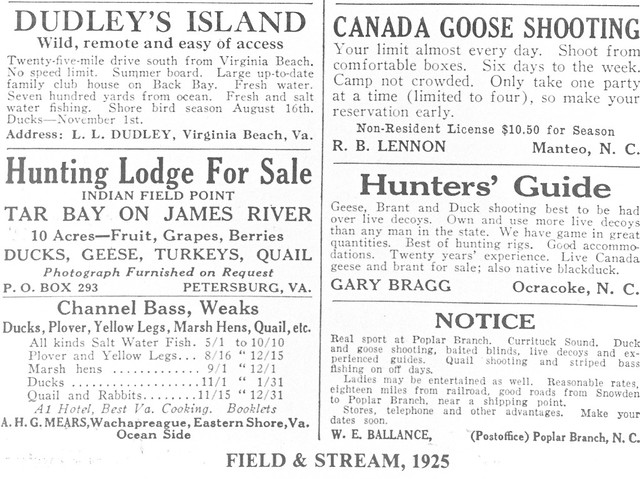 A classified ad in Field & Stream magazine in 1925 promoted duck hunting in the area of what is now False Cape State Park
A classified ad in Field & Stream magazine in 1925 promoted duck hunting in the area of what is now False Cape State Park
False Cape State Park is truly a unique place and due to its location north of the North Carolina border and south of the Back Bay National Wildlife Refuge has some special access issues. Visitors must hike or bike into the park, take a tram in, or kayak to the park. If you take the tram in, you are not required to attend the guided hike/program, but can explore the park on your own--just be back on time to catch a ride out. It's a five-mile hike otherwise!
Tram tours are an interesting and great way to get acquainted with the unique environment at False Cape State Park
We highly recommend that you participate in a tram tour, attend a kayak program, and a few additional programs before camping at False Cape. Camping at False Cape requires advance reservations and a safety briefing by our reservation counselors. You can make reservations by call our Virginia State Parks Customer Service Center at 1-800-933-PARK.
Attending one of the park's kayak trips is a great way to explore the park
The environment at False Cape State Park may not be suited for everyone, but if you are intrigued by what you have read in this article, then we definitely want you to come out and explore this truly unique historical and coastal park. We will also caution you to "'Ware the False Cape!" Bring plenty of water, sunscreen, and snacks. Be mindful of snakes, biting insects, and wild pigs.
Visiting False Cape State Park is definitely worth the extra planning and preparation, but don't forget your camera!
If you have read the article and have a question, please email nancy.heltman@dcr.virginia.gov.
Search for blogs
By Park
Categories
Cabins
Camping
Fishing
History and Culture
Other
Programs and Events
Trails
Volunteers
Water Fun
Archive
2024
2023
2022
2021
2020
2019
2018
2017
2016
2015
2014
2012

